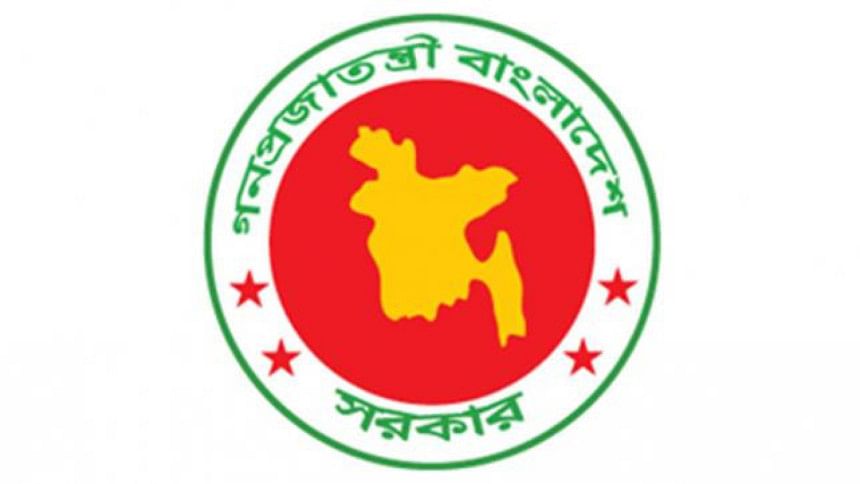Govt to open 10 BR hospitals for public use

The ministries of railways and health yesterday signed a memorandum of understanding (MoU) to jointly operate 10 hospitals under Bangladesh Railway (BR) in a bid to improve healthcare services.
Once preparatory work is complete, the hospitals will be opened to the public. Currently, they only serve railway officials, staff, their family members, and railway passengers.
Railway officials said these hospitals fail to provide expected services due to a shortage of doctors, nurses, and other staff, as well as a lack of modern medical equipment and other necessary resources.
Railways Ministry Secretary Fahimul Islam and Health Services Division Secretary Saidur Rahman signed the MoU on behalf of their respective ministries at the Health Services Division auditorium at the secretariat.
This move comes over a decade after a similar MoU was signed in 2015 regarding BR's hospital in Dhaka's Kamalapur. That agreement failed to bring significant improvement, which BR officials blamed on inter-ministerial friction and the inaction of the managing committee formed at the time.
The new initiative follows a recent visit by Railways Adviser Muhammad Fouzul Kabir Khan to the Railway General Hospital in Chattogram. During the visit earlier this month, he found only five patients receiving treatment in the 92-bed facility.
Currently, BR operates 10 hospitals with a total of 431 beds in Dhaka, Chattogram, Rajshahi, Pakshi, Syedpur, Lalmonirhat, Parbatipur, and Santahar. All doctors, nurses, and staff are appointed and paid by BR.
Under the new MoU, all movable and immovable assets of the hospitals will be jointly managed by a central committee, formed in coordination with the Health Services Division and Railways Ministry and led by the latter's secretary.
An inventory committee comprising representatives from both ministries will list all movable assets and recommend actions for their maintenance, repair, replacement, enhancement, addition, or removal.
The Health Services Division will bear the cost of development and operations, while existing staff will remain under BR's employment.
As BR's manpower structure lacks posts for specialist doctors, the Health Services Division will assign such doctors to ensure advanced care.
The railways adviser said many general hospitals are overwhelmed, while BR hospitals remain underutilised.
Government resources must not remain idle, he said.
A joint committee will assess each hospital's needs and potential next week. Further actions will follow based on its recommendations, he added.
"More doctors, nurses, and medicines will be provided, and these hospitals will be open to the general public," he also said.
Speaking at the event, Health Adviser Nurjahan Begum said there is currently a shortage of 8,000 doctors nationwide, so it would be unrealistic to expect these hospitals to become fully functional overnight.
However, she expressed hope that about 2,000 doctors could be appointed through a special BCS by mid-September. Once the minimum requirements are met, the hospitals will be opened to the public, she added.

 For all latest news, follow The Daily Star's Google News channel.
For all latest news, follow The Daily Star's Google News channel. 



Comments